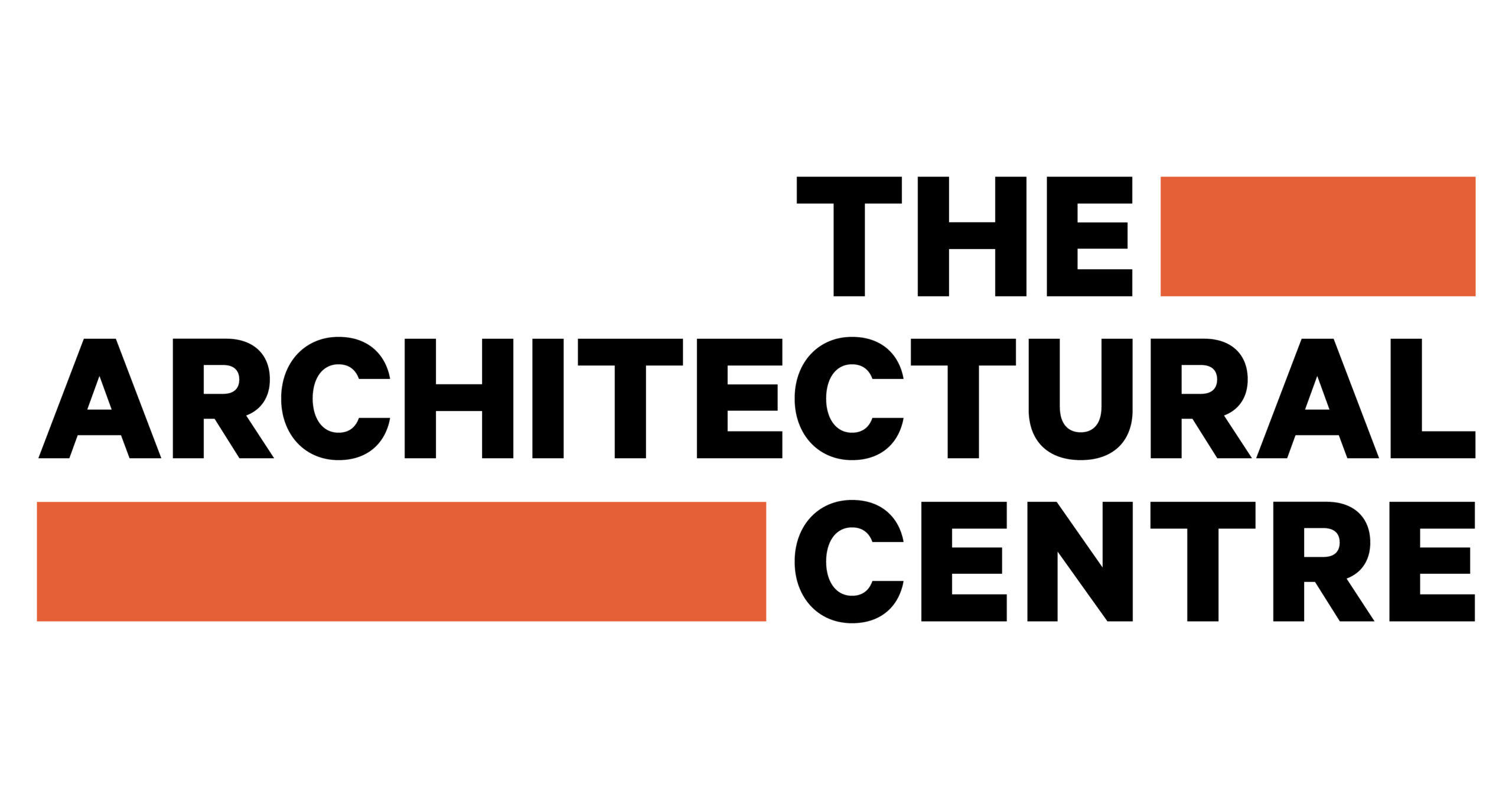
Last Friday I happened to catch part of the Radio New Zealand Checkpoint show, within which was a story that began thus:
Provincial Local Bodies could be stripped of their ability to issue building Consents. The Government is considering changes to the Building Act so that consents are issued from just a few main centres or even just one central hub.
Aside from the actual issue itself, and as a non-professional I can’t decide whether this is a ‘good thing’ or ‘the end of the world as we know it’, there were a couple of aspects of the piece that struck me as quite interesting. The first is properly political, rather than architectural, so let’s not dwell on it more than just noting that for a nominally right wing government, the centralisation of power that the Building Act review is suggesting here, seems a little counter-intuitive.
More interesting for this audience (perhaps?), was the way the story was put together by the RNZ journalist/editors. The three minute segment consisted of the above introduction, plus a series of opinions from those that were deemed to be most affected:
- Horowhenua District Mayor – Brendan Duffy (who raises the fact that local councils will not be able to maintain building standards in their communities)
- Invercargill Mayor – Tim Shadbolt (who suggests that local knowledge will be lost, and that councils will lose control, but still be liable. He raises the Leaky Building saga as an illustration of the results of the last centralised government intervention in the building industry)
- Master Builders Federation Chief Executive – Warwick Quinn (who agrees that consistent standards and lower bureaucratic costs are desirable, but that, despite the ability for remote submission of plans, face-to-face discussions with the consenting authority are still necessary)
- Construction Industry Council Chief Executive – Pieter Burghout (echoing the above – building practices need standardising, but consenting authorities still need to have a local presence)
- Local Government New Zealand (who are pushing for better dialogue with the Government over any changes to the Building Act)
…not an architect or an architect’s representative to be heard. There could be a number of reasons for this, the first being that it really isn’t relevant to the architect. As mentioned above, I’m not really one to judge that, but do hope to hear from some of you in the comments – does this affect you, and if so, how?
I note that the NZIA submission does address this issue in their submission to the Department of Building and Construction made late last year. They argue:
There needs to be a National BCA [Building Consent Authority]. Consistency across BCA’s can be corrected by the proposed centralised BCA with a more direct dispute resolution path especially for alternative designs. Local government should be removed from their building compliance control role and local BCA offices of the national agency used. This will also correct a perceived gap in BCA competency. Because of work load and complexity, BCA’s find it difficult to process both residential and complex buildings especially with the single overseeing official approach. This can be corrected by placing more emphasis on self certification and peer review as a way of demonstrating compliance, better access to specialists within the BCA, and increasing the required qualifications for officers.
Basically this is an argument in support of the centralised option (see structure diagrams below), made upon the basis that architects know better than councils and should have more authority [and liability?] over their own projects. This could effectively remove all local control over buildings when national design offices are at work, for better or worse.
Anyway, given that the NZIA does have a stance on this, why are they so ‘off-the-radar’ when it comes to news items such as this?
Perhaps the Master Builders Federation, dare I say it, is perceived by ‘the media’ (and by extension the public?), as the ‘voice’ of the architectural design profession? Why are they so much more visible in this and other news stories of this nature?
Which is all a rather long and roundabout way of raising the question – is the architectural profession in this country (and others?), facing an identity crisis (i.e. do they even have a public identity)..? And if so, why..?
Discuss…
PS: Here are the two options that the Department of Building Construction have put forward for consideration in this document:




Leave a Reply